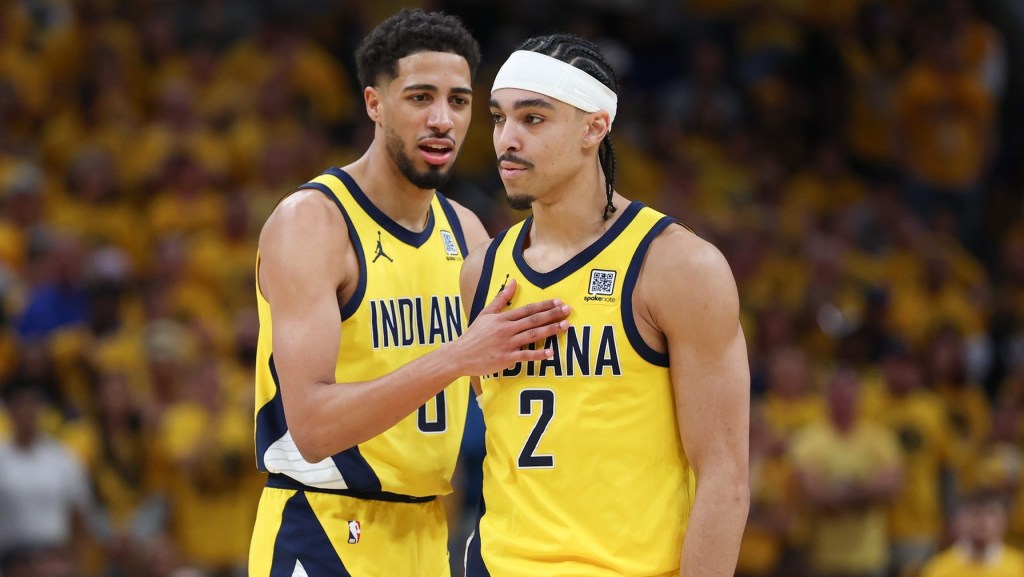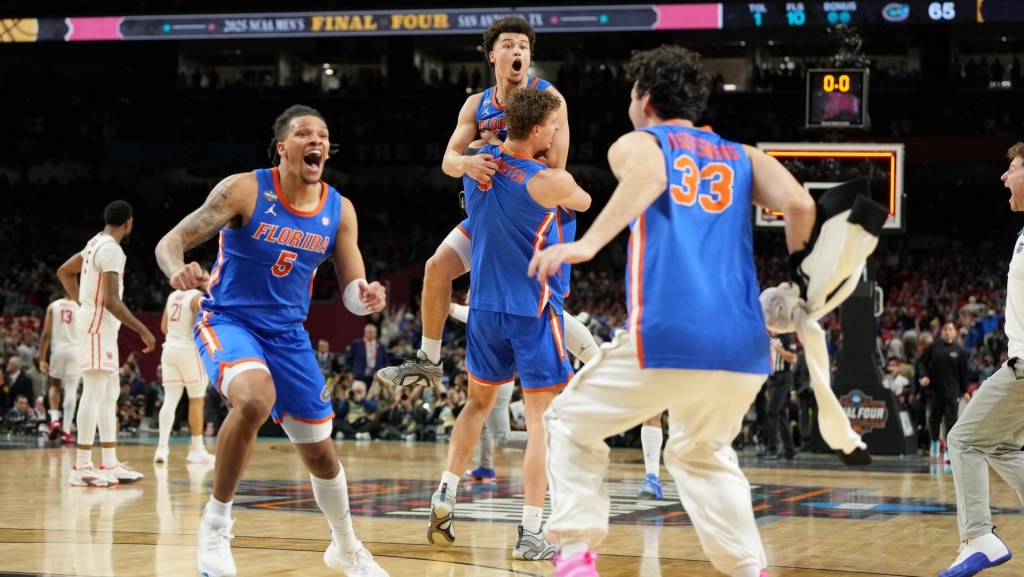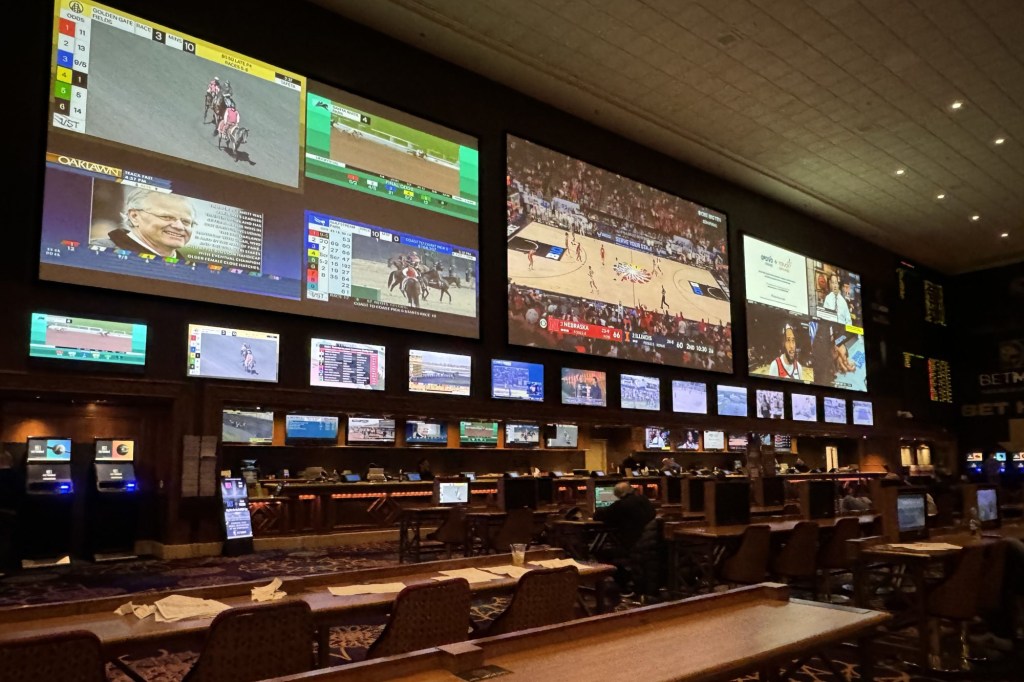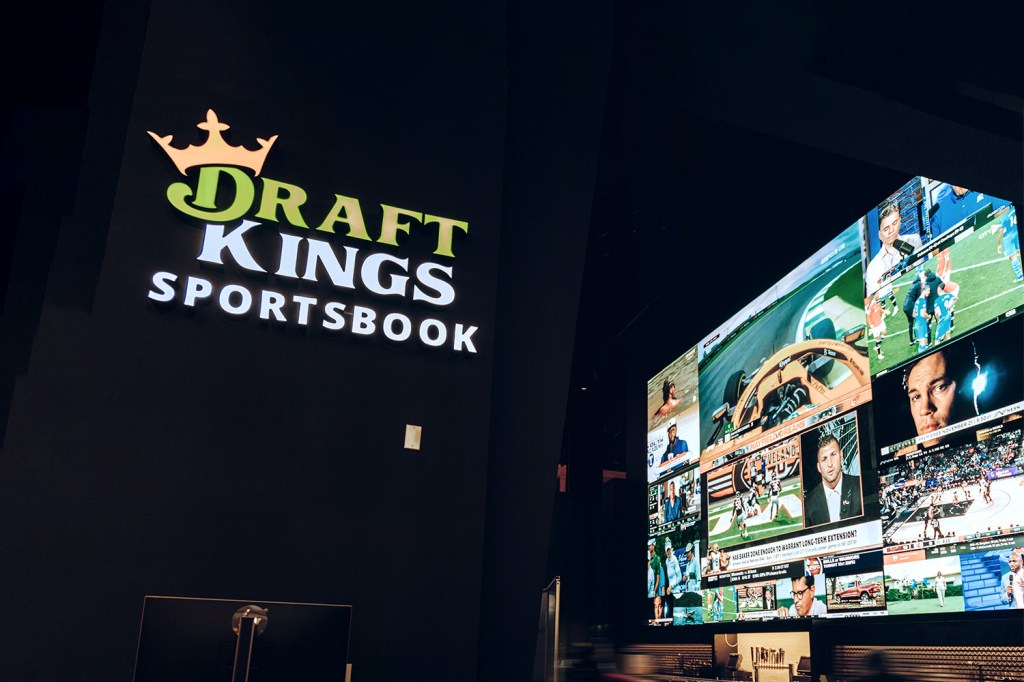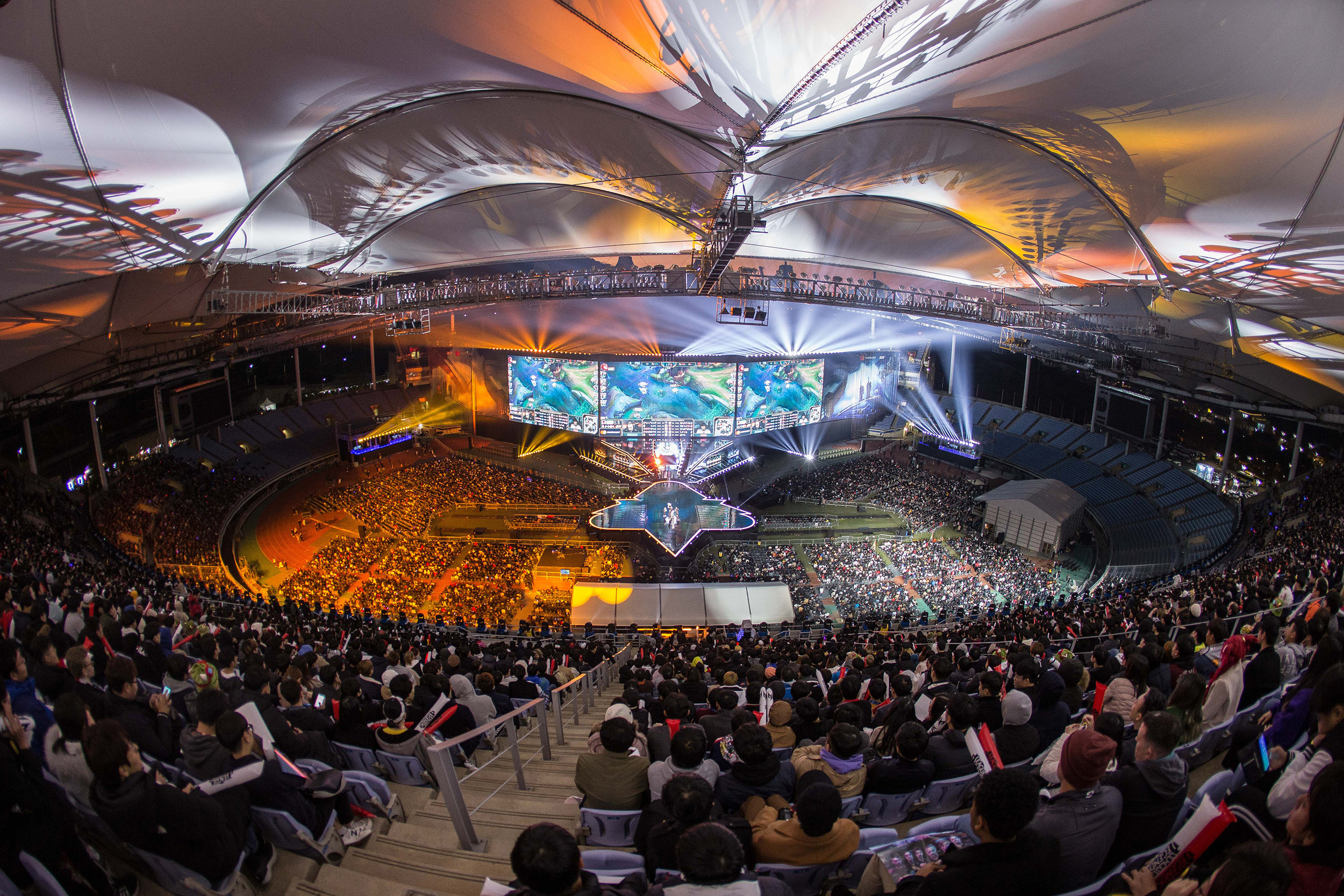
League of Legends fans watching the 2018 League of Legends World Championship Finals sponsored by Mastercard on November 3, 2018 in Incheon, South Korea. Photo by Hannah Smith/ESPAT Media for Mastercard
Working as a marketing executive at a Las Vegas casino property on the Strip in 2013, Robert Rippee helped host a small EA Sports video game competition at a bar within the resort.
Rippee was shocked as young adults filled the bar to watch the video games and spend their evening. Fast forward a few years, and Rippee is a professor within the UNLV School of Hospitality who realized the school’s International Gaming Institute was missing a key industry segment: esports.
He approached the executive director, who agreed to let Rippee experiment.
“We thought it could serve both academic and industry interests and, maybe, blaze a trail,” said Rippee, who is now in the third semester of running the lab.
SEE MORE: How You Can Make a Career Out of Video Games
Rippee created a lab that would put students in practice to create a sustainable and viable business model for esports venues on the Strip. The lab at UNLV isn’t meant to teach students to manage teams or create games, but provide a real ecosystem to showcase esports information that might be relevant to casino resorts. Casinos have certainly noticed the potential of esports — specifically the Luxor, as the iconic pyramid casino is home to Esports Arena Las Vegas.
“We want to give them information in context they understand,” Rippee said. “We know the ranges of profitability for theaters, nightclubs, retail, restaurants. You can’t be worse than those; you have to be better.”
While the esports lab is housed within the school of hospitality, Rippee said it has proven to be multidisciplinary, drawing upper-class students in architecture, engineering, business, and even law school.
The first three semesters have been focused on the casino resorts and how they might be able to implement a successful esports operation. The lab features guest speakers including developers, tournament management companies and a wide array of other professionals involved in esports.
SEE MORE: Study Confirms Esports Has Graduated to the Big Leagues
Now, Rippee said it’s time to potentially expand beyond that industry.
“We’re toying with the idea to go beyond,” he said. “Can we create a standalone business in a shopping center or a theater?”
Rippee also said creating more courses centered on esports is not out of the question, as esports is continuing to evolve and further prove its worth as a viable industry. He said condensed, executive style courses — potentially online — are especially of interest as the school regularly receives requests from non-UNLV students.
“There are lots of elements to esports to expand horizontally and vertically,” Rippee said.
At least 10 schools from across the country and internationally have also reached out to Rippee to see how to potentially structure an esports curriculum. Rippee said there’s little doubt esports will continue to grow, especially with backing from professional sports executives and athletes.
He understands the infatuation with the games. While not an intense gamer himself, Rippee said he enjoys watching professionals apply their craft and the excitement is no different than other sports.
[mc4wp_form id=”8260″]
Having formal education in the industry provides passionate esports fans an avenue into a career, just as with traditional sports.
“There’s a lot of growth in esports globally, so people are starting to wonder how to prepare students to be those employees that have the background and knowledge,” he said. “This is a paradigm driven by a younger generation, a generation that’s grown up with video games. This is not a fad; it’s not getting any smaller.”
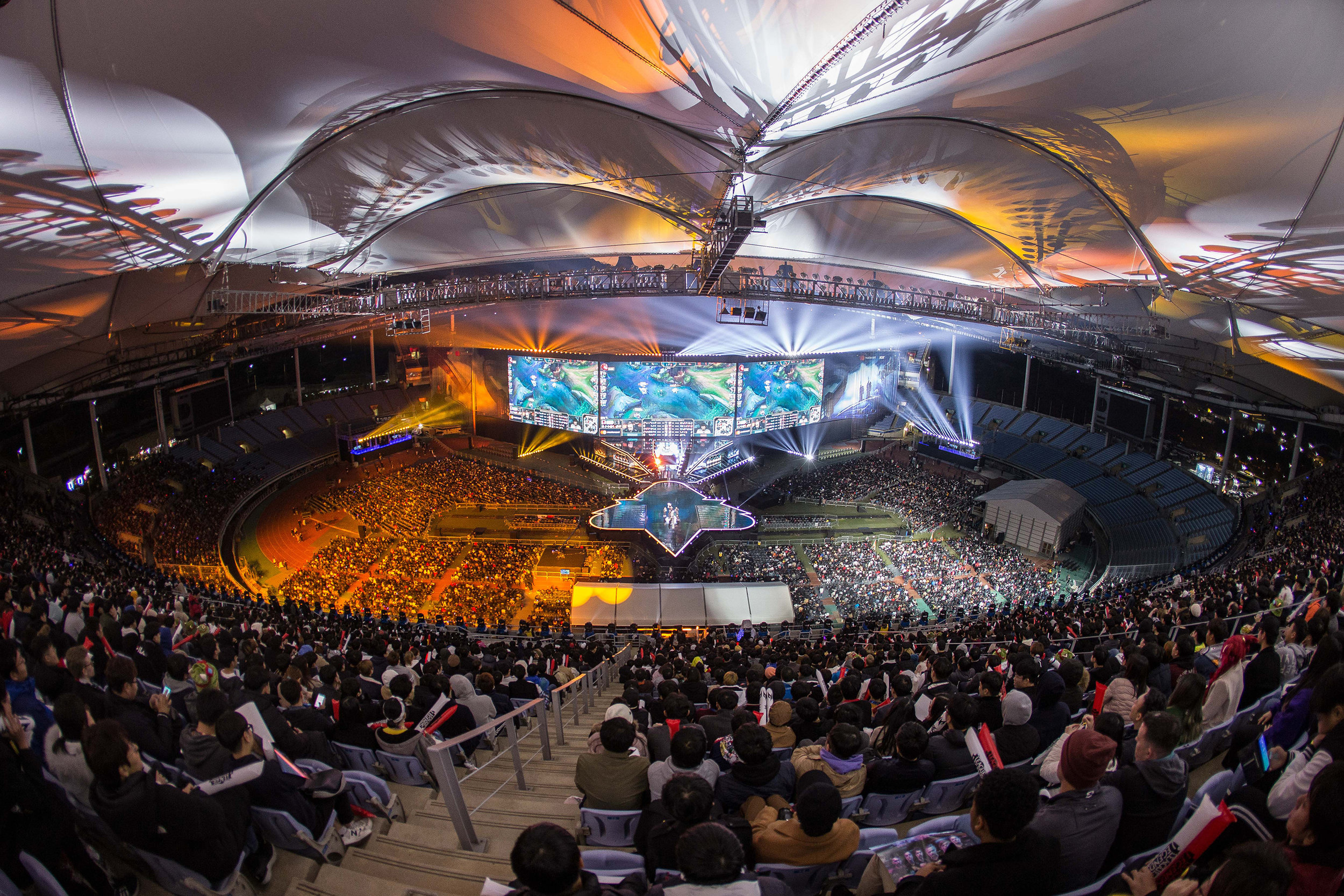


![[Subscription Customers Only] Jun 15, 2025; Seattle, Washington, USA; Botafogo owner John Textor inside the stadium before the match during a group stage match of the 2025 FIFA Club World Cup at Lumen Field.](https://frontofficesports.com/wp-content/uploads/2026/02/USATSI_26465842_168416386_lowres-scaled.jpg?quality=100&w=1024)

![[Subscription Customers Only] Jul 13, 2025; East Rutherford, New Jersey, USA; Chelsea FC midfielder Cole Palmer (10) celebrates winning the final of the 2025 FIFA Club World Cup at MetLife Stadium](https://frontofficesports.com/wp-content/uploads/2026/02/USATSI_26636703-scaled-e1770932227605.jpg?quality=100&w=1024)



